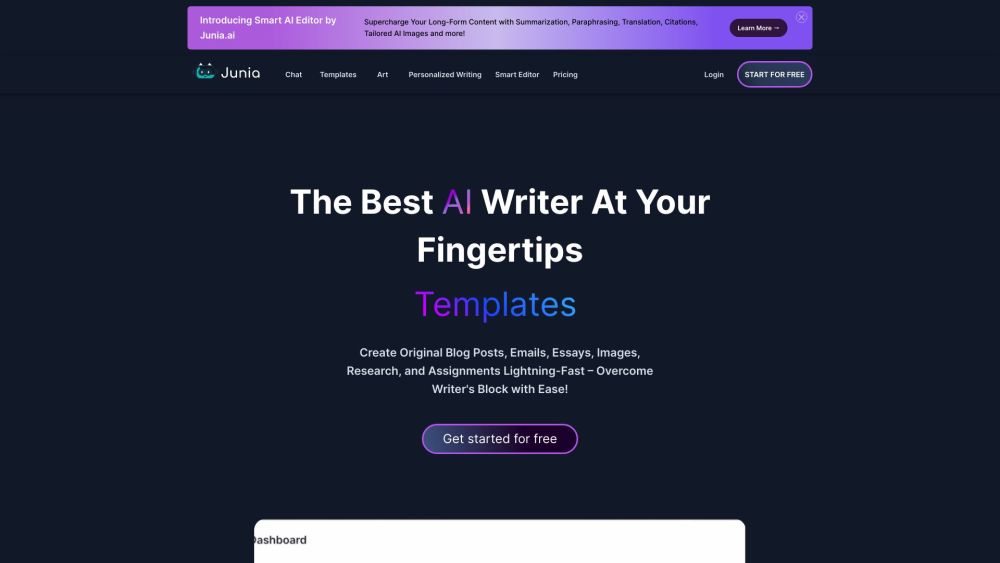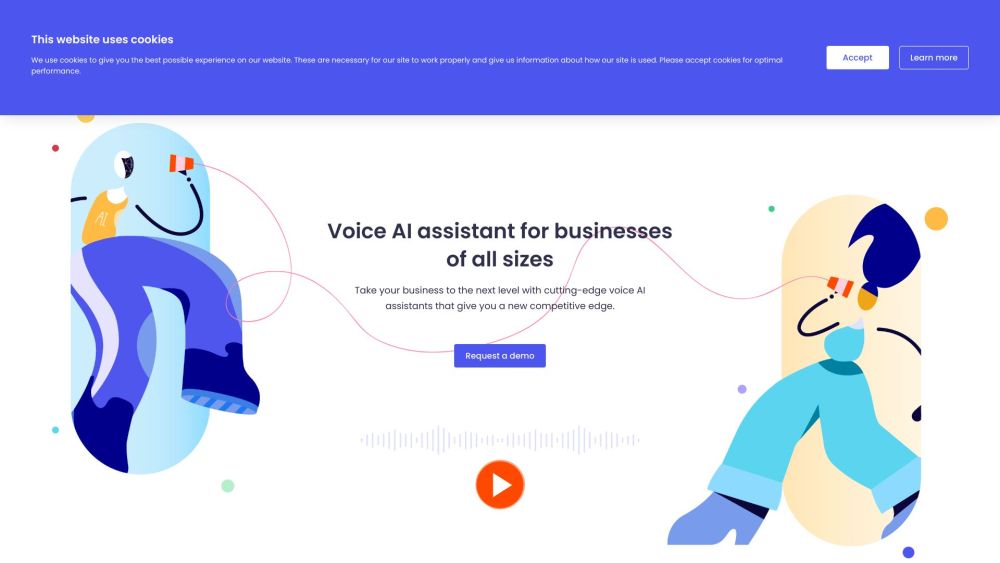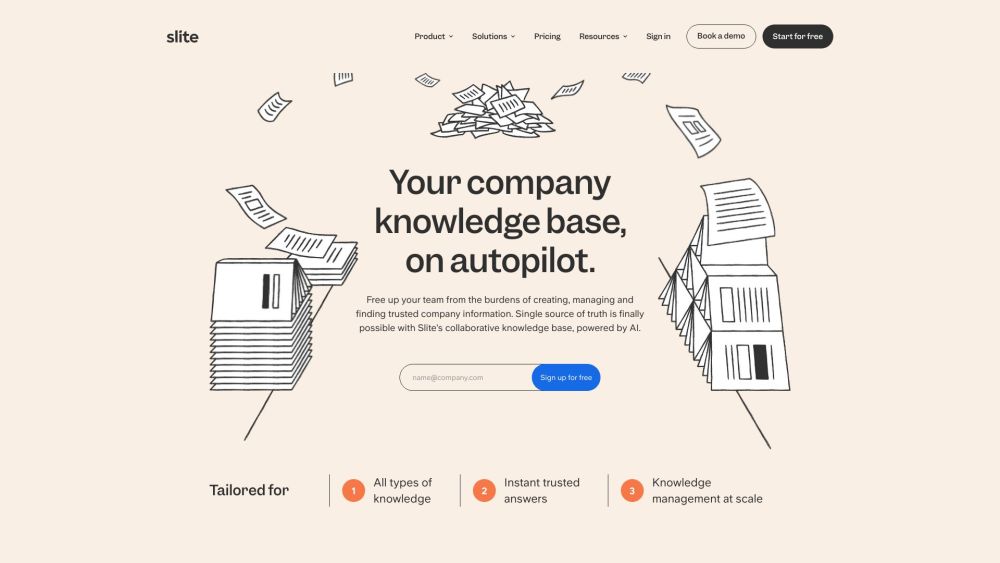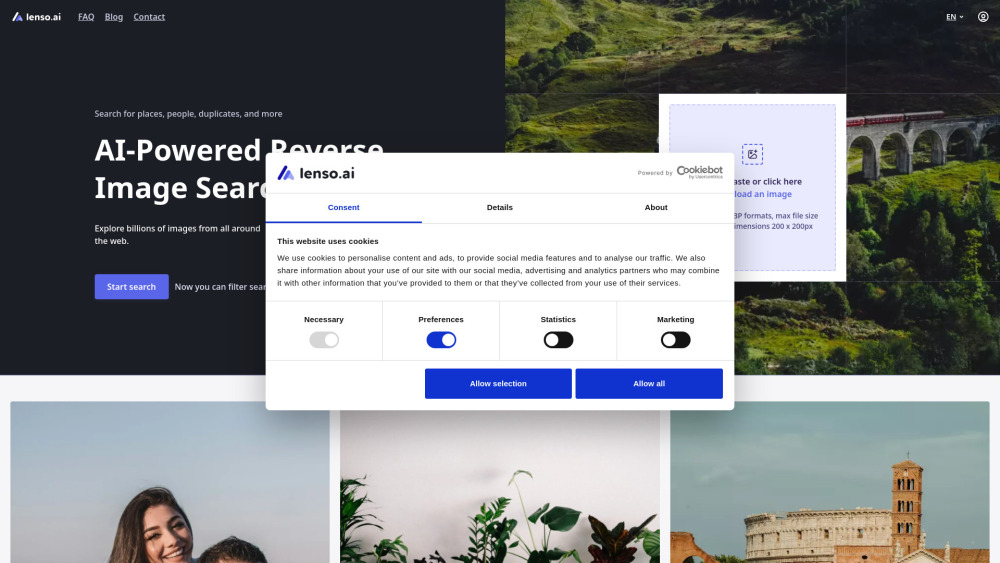Several news and media publishers are currently blocking AI web crawlers from accessing their sites, concerned about potential declines in traffic as their content gets integrated into AI chatbot experiences. However, a Seattle-based startup named Direqt believes that publishers should leverage AI chatbots on their own terms. Having recently raised $4.5 million in its first round of external funding, Direqt provides customizable chatbot solutions for major media companies like ESPN, GQ, Wired, Vogue, and Cosmopolitan. These chatbots not only facilitate direct engagement with their audiences but also enhance content interaction and monetization opportunities via advertisements.
Founded in 2017, Direqt initially focused on chatbot monetization before shifting its emphasis to AI. In its early days, the startup developed capabilities to deliver promotions and ads within chatbot experiences, which it licensed to larger U.S. clients. In 2021, the team pivoted to create a dedicated chatbot platform tailored for publishers—an endeavor that predated the surge in generative AI technologies like ChatGPT.
“Being a bit ahead of the market has played to our advantage,” stated Nick Martin, co-founder and Chief Commercial Officer of Direqt. “Recent developments have aligned with the direction we anticipated for years,” he added.
The existing chatbot solutions were primarily designed for customer service and didn't cater to the unique needs of publishers. Recognizing this gap, Direqt set out to develop a specific platform suited for media companies.
With around 10% of consumer mobile time spent on messaging apps like iMessage, WhatsApp, and Telegram, and with approximately 5.3 billion global users engaging in messaging, the demand for direct relationships between publishers and readers has significantly increased. Publishers are eager to reduce their dependence on major tech companies like Meta and Google, which have increasingly distanced themselves from news content. Meta has recently modified algorithms affecting news distribution, while Google has restructured its news team.
While Direqt's initial publishing chatbot utilized Natural Language Processing (NLP) and AI, the platform has evolved over the past 18 months to incorporate generative AI capabilities. Publishers can customize chatbot interactions according to their AI strategies—ranging from simple non-AI chatbots that answer queries about articles, to editorially curated AI-generated content, quizzes, and more.
Additionally, if a publisher seeks a dedicated version of ChatGPT, Direqt can accommodate that, partnering with AI technology providers like OpenAI and Google to achieve publishers’ objectives.
At present, the appeal of generative AI features has soared, even as some publishers finalize their AI strategies.
"Nearly everyone we collaborate with is exploring a generative AI strategy or is already deploying it," Martin explains. "Since late last year, the pace of conversation and development has accelerated...we haven't encountered a publisher that's dismissive of this opportunity," he continues.
Interestingly, even as publishers grapple with AI-related challenges—such as legal actions against AI firms for using their content—their enthusiasm for deploying their own chatbots remains strong.
“There’s no widespread fear regarding this technology,” Martin clarifies. “Concerns do exist about traffic impacts and implications for writers and journalism as a whole, but we find that in private discussions, there's a shared recognition: the technology is here to stay, and we must adapt.”
With annual planning on the horizon, many publishers are gearing up to implement generative AI features in 2024.
To incorporate publishers' content seamlessly, Direqt uses RSS feeds or website scraping, with permission. Moreover, the chatbot experience can be deployed across various channels, including directly on publishers' websites or within messaging apps that collectively reach over 260 million users. Supported platforms range from Google Messages and SMS to Viber, with plans to soon include Messenger and WhatsApp. Additionally, Direqt is working on an Instagram integration that allows users to comment on posts, prompting the chatbot to initiate a conversation via Instagram Direct Messages.
Currently, 75 brands are utilizing Direqt's platform, including Good Housekeeping UK, Women’s Health UK, and Popular Science. The chatbots effectively direct users to publisher content, boasting an impressive average clickthrough rate (CTR) of 24.16%, a stark contrast to the 3.48% average CTR seen in traditional email campaigns. One customer, Mitch Rubenstein, founder of the Sci-Fi Channel and owner of Hollywood.com and Dance Magazine, noted that Direqt has increased time spent on-site by over 200%.
Direqt operates under a hybrid business model, allowing publishers to opt for a Software-as-a-Service (SaaS) licensing fee based on usage or a revenue-sharing model where Direqt takes a percentage of in-chat ad revenues. These ads can be sold by the publishers or sourced from Direqt's extensive network of 500 advertising partners. For media companies reliant on advertising revenue, integrating chatbots appears to be a promising solution.
"Market data shows that ad performance in chat can be significantly higher—up to 10x—compared to traditional advertising," Martin notes.
In addition to Martin, who previously co-founded a sports equipment company, Direqt was founded by experienced entrepreneurs, including John Duffy, co-founder of 3Cinteractive; Myk Willis, former Citrix engineer and CEO of Myxer; and Bill Madden, a former product engineer at IBM.
With the recent seed funding of $4.5 million from various prominent investors—including Todd Parker, former global head of Business Development for Business Messaging at Google, NFL Hall of Famer Dan Marino, and several others—Direqt plans to accelerate product development and expand its team from 15 to around 30 employees by the end of next year. The company aims to enhance its conversational engine, boost monetization capabilities, and broaden distribution avenues with the new investment.




